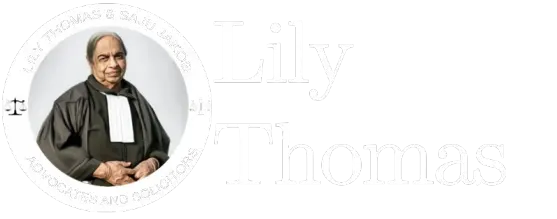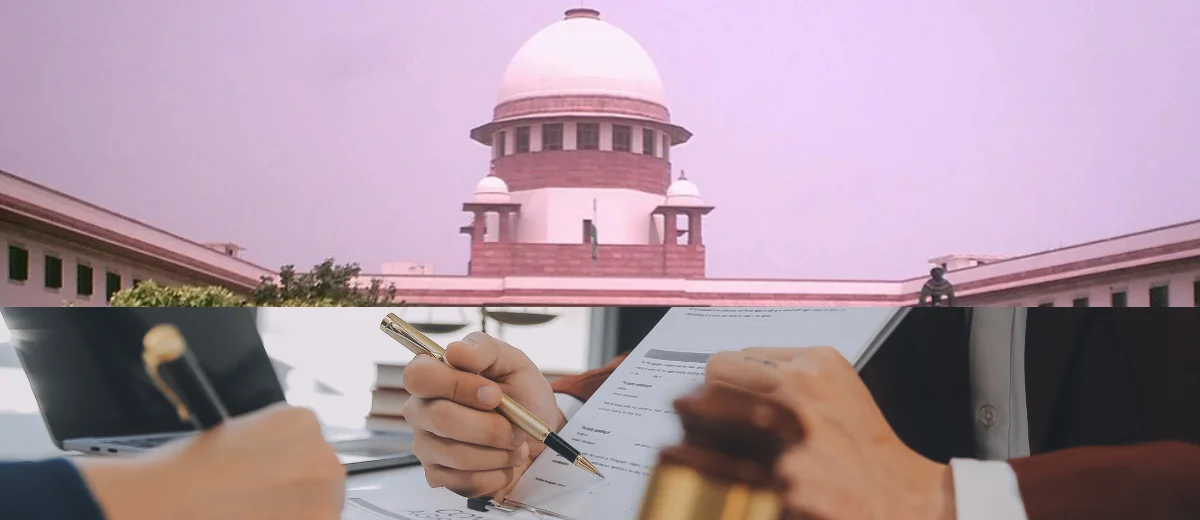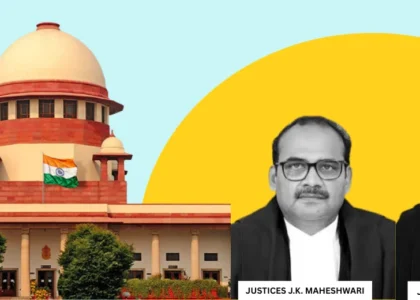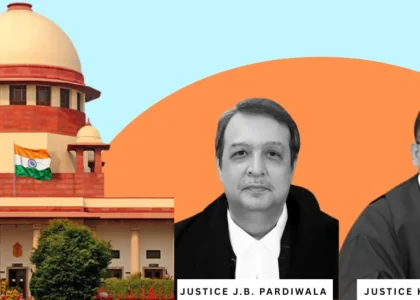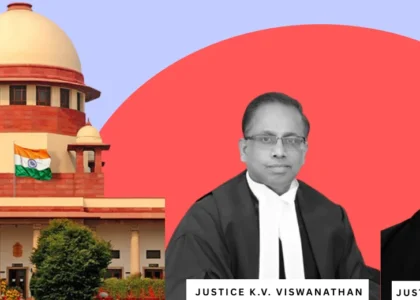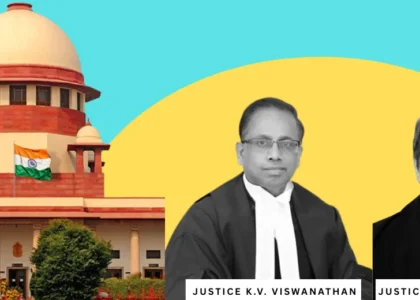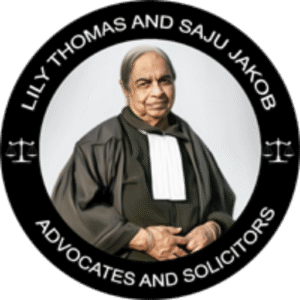Case:- Bar Council of Maharashtra and Goa v Rajiv Nareshchandra Narula and others
Citation:- 2025 INSC 1147
Date:- 24.09.2025
Hon’ble Supreme Court Bench:- JUSTICE VIKRAM NATH & JUSTICE SANDEEP MEHTA
The Hon’ble Supreme Court of India has held that disciplinary jurisdiction under the Advocates Act, 1961, can ordinarily be invoked only when there exists a jural (professional) relationship between the complainant and the advocate concerned.
- A complaint by an opposite party in a case against an advocate is not valid and is “highly objectionable, impermissible, and uncalled for.”
- The case arose when the Bar Council of Maharashtra & Goa (BCMG) acted on a complaint against advocate Rajiv Narula, even though he never represented the complainant. The Hon’ble Court clarified that Narula’s role was only to identify parties in a consent decree, not to represent the complainant, so disciplinary proceedings could not be invoked.
- The Hon’ble Supreme Court stressed that under Section 35 of the Advocates Act, a Bar Council must give reasons to believe misconduct before sending a matter to its Disciplinary Committee. BCMG’s July 6, 2023 order was called “cryptic and laconic” as it lacked reasoning or details of alleged misconduct.
In another connected case, the Hon’ble Court said that an advocate who merely attests an affidavit is not responsible for its contents and cannot be accused of misconduct. Calling the complaints frivolous and malicious, the Court imposed Rs. 50,000 costs each on BCMG and the complainant, to be paid to the advocates who were wrongly dragged into proceedings.

